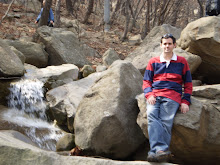The site is by no means perfect, having a number of typos and grammatical errors in these translations, but the real beef foreigners here have is the general presentation. Even when reliably translated into English, many users complained that the database seems to have been made by lawyers, for lawyers. There aren't any layman explanations of the different laws, and when a code or statute section directs someone to contact X agency or government office, English-speakers with little Korean aptitude must find out for themselves.
Most of the ills of MOLEG's database can be traced to the way the translation of 600+pp of statutory text was done. The pages were translated by only three people over 1.5-2 months, with a single "look-over" by a native English speaker, and not a lawyer at that.







